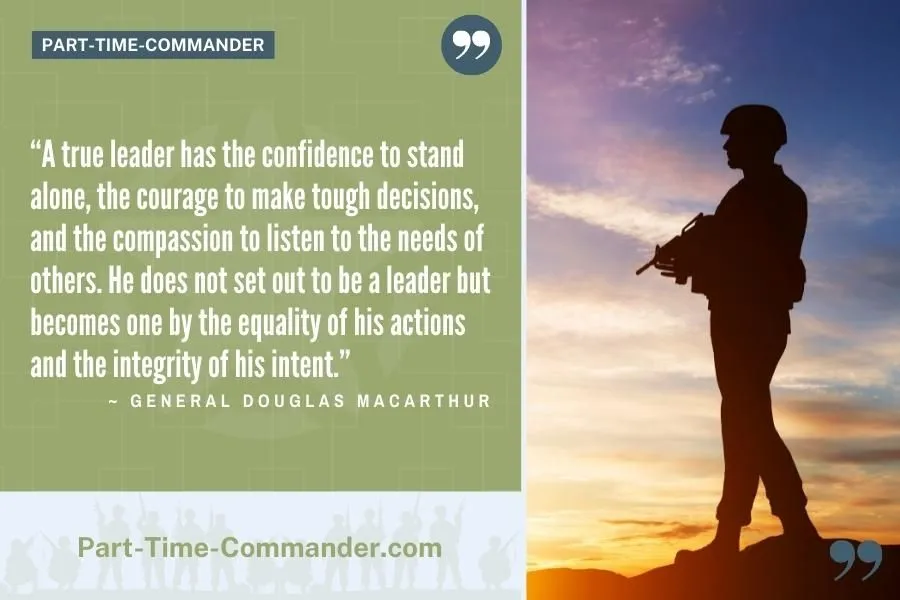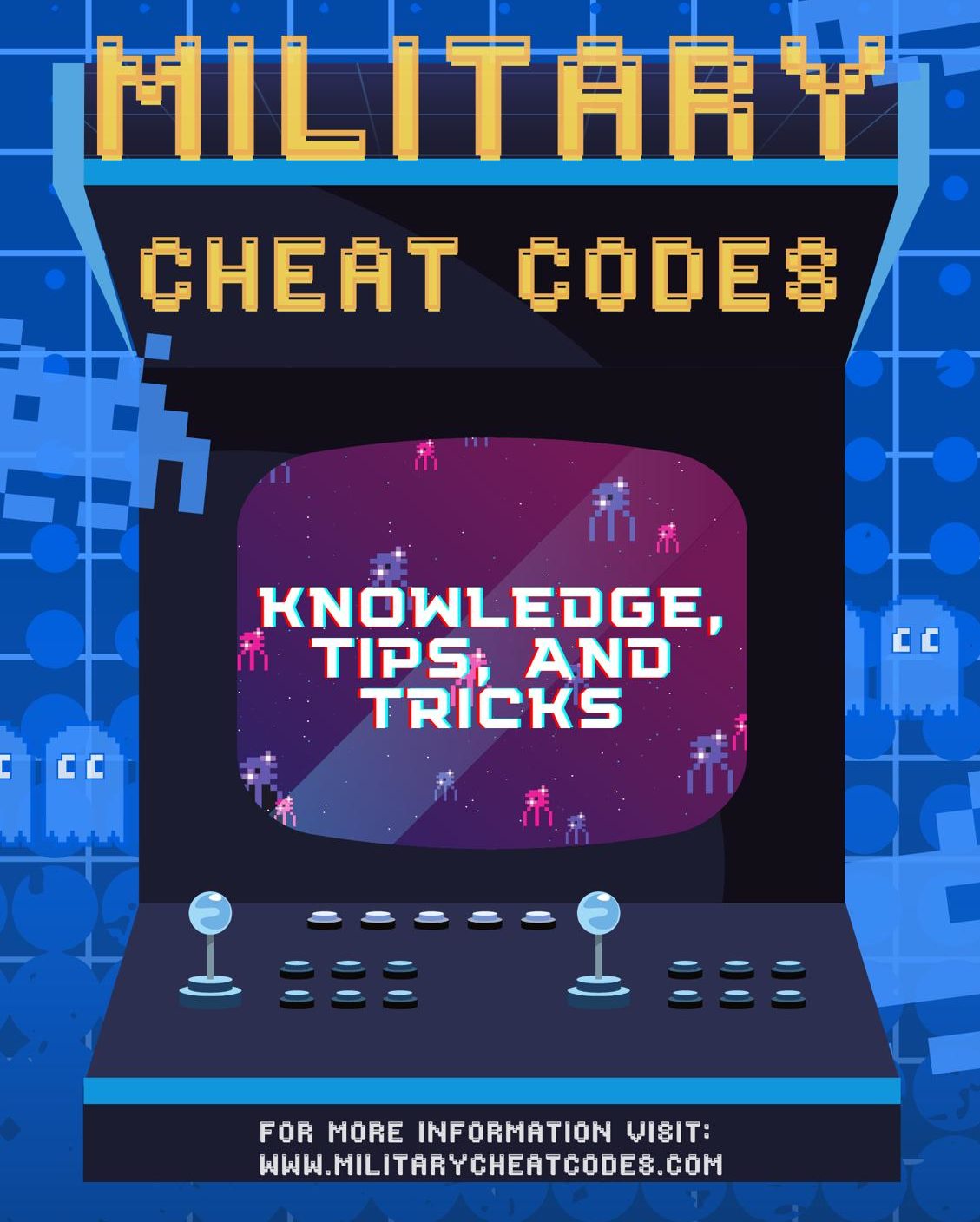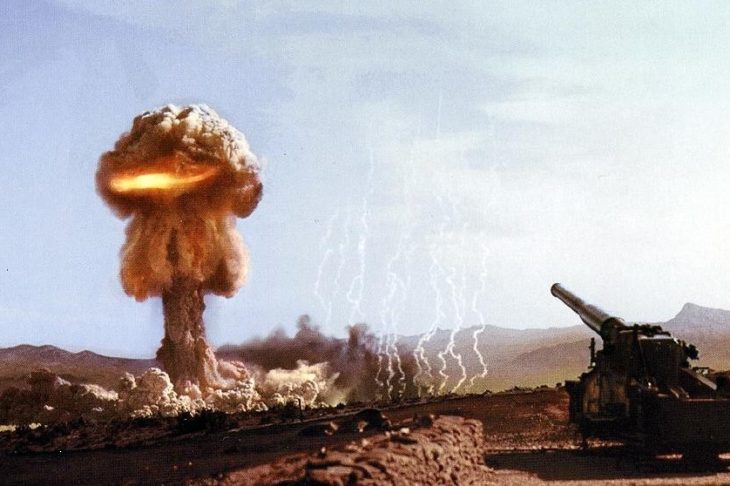
Military Hack, Part I: Discipline
Discipline is the soul of an army. It makes small numbers formidable; procures success to the weak, and esteem to all.
— General George Washington, Commander in Chief of the Continental Army
Ask a veteran or a current military member why they join the military.
Most, if not all, individuals join for reasons relating to improving their lives; be it financial improvement, learning skills, or bringing purpose to one’s life. Some people’s lives are so chaotic they join the military to bring order to the chaotic life either through broken families, drug or alcohol abuse, economic disadvantages, or generational violence.
During a Season 5 episode of RuPaul’s Drag Race, the contestants were given a challenge to make over military veterans into drag queen sisters. The individual, who’s stage name would become Nebraska, said they joined the military to escape foster care. At the age of 18, his foster mother said he had a week to leave; so he joined the military and it brought him structure and discipline that he needed for his life.
Discipline is that fundamental characteristic that defines military service.
Everything the military does on a daily basis is underpinned by discipline. By definition, military service and operations are the opposite of what Enlightenment Philosophers John Locke and Jean-Jacque Rousseau would argue is as natural life. It is against human nature to kill others and destroy societies; a military’s primary duty is to kill, destroy, and bring about effects that empower political decisions.
Military training and the subsequent lifestyle focus on ensuring personnel will perform a certain way that is opposite to their psychological programing. Discipline, the ability to behave and work in a controlled way which involves obeying particular rules or standards, and the process in developing learned behaviors is an outstanding thing for individuals to learn. Those who advance in life are those who are disciplined or developed behaviors that allow them to perform activities that non-trained individuals would not accomplish.
Discipline drives people to activities they may not necessarily like and the conclusions that they never thought they were able to accomplish. Military members may not think about it, but they have completed physical training or challenges that most people could never accomplish; discipline and the associated mental fortitude helped those military members meet those goals. These accomplishments are also great psychological victories for those who do the impossible and therefore motivate them to do even more impressive things.
This all works though if there are standards; holding people to the appropriate standards.
Task. Condition. Standard.
What needs to be done? How will the event be accomplished? What is the grade required to be considered successful?
Love or hate the military, the fundamentals of successful goal-making and planning are part of training and education. With these tools added to your own self improvement, you are unstoppable. More importantly your job as a military leader is to understand what exactly people are expected to accomplish, how it is to be accomplished, and when. That there is the recipe for success.
People want to know how much “wiggle room” they have to operate; your job is to empower them so that they can make their decisions within what rules or standards.
You want to kill the “Good Idea Fairy?” Set clear expectations and standards. This will ensure those individuals who have the stupidest ideas at the last moment will be squashed appropriately (even if it is someone senior to you) because there are clear expectations and standards. Focus is vital for an organization to effectively and efficiently plan and implement new processes, systems, culture, or organizational shifts; your job as a leader at whatever level is to keep everyone going in the same direction.
Standards are the synergy for continuity and processes. If an organization does not have and enforce clear standards, no matter how good your continuity and processes are, that organization will cease to function effectively.
This is not to say independent and creative thinking are the counter to discipline. Absolutely not. Instead, one must develop creative solutions given the standards and expectations that are in place in order to develop solutions needed for mission success. Regulations and instructions are limitations to “what you can not do” and they usually focus around words like “will”, “should”, or “may.” Those are three different words with three distinctly different meanings. Maintaining discipline and standards is ensuring your responses are appropriate to those words.
That is what makes the U.S. military different from other militaries in the world, especially in the non-NATO block, is our ability to operate in a gray space of solutions while having the ability to develop solutions that meet standards. An organization can have centralized command and decentralized execution as long as the execution piece has clear standards and discipline buttresses the decision making process. This applies to both individual and organizational operations.
To finalize this discussion, think about how discipline has gotten you to where you are in your station in life; reflect on how those positive traits have helped focus your chaotic life and how improved discipline in certain circumstances could have addressed issues. Now take that and apply it to others; really reflect on how, as a leader, you can help others in your organization adhere to standards and staying focused on what is important.

Pred
A 19 year Air Force Officer who never fully appreciated standards and discipline until seeing how it underpins organizational success.

